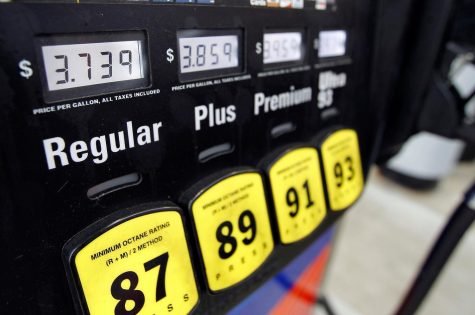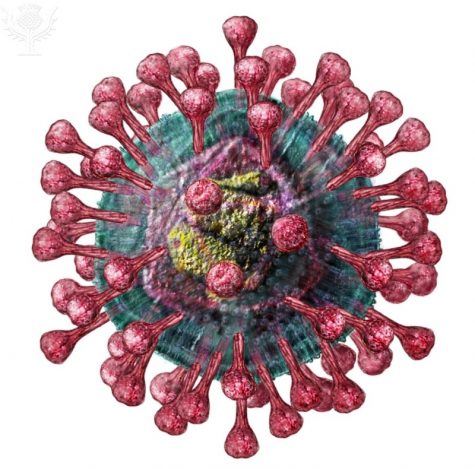Watts Up with E-Cigarettes: FDA cracks down on “vaping”
Electric Cigarettes, or e-cigarettes, have taken the harmful tar and chemicals out of smoking and still allow smokers to get a nicotine ‘buzz’. However, they may not be as innocent as many ‘vapers’ think.
Last Thursday, the U.S. Food and Drug Administration (FDA) disclosed new rules that will allow themselves to have a stronger presence in the manufacturing process and mandating process of e-liquids. While these e-liquids used in e-cigarettes and vaping devices do not contain tobacco, they do contain nicotine, which is a main constituent of tobacco.
According to the FDA’s website, a part of the mandate process is the requirement that before a new tobacco product can be legally marketed, the FDA must issue an order permitting marketing of said product. This means that the FDA has to determine if the product meets public health standards, and will positively affect both tobacco users and non-tobacco users.
The application requires that manufacturers include a great deal of information pertaining to the ingredients used in e-liquids. One of the requirements is “full reports of all information, published or known to, or which should reasonably be known to, the applicant, concerning investigations which have been made to show the health risks of such tobacco products and whether such tobacco products present less risk than other tobacco products.”
Before these regulations were announced, the e-cigarette market was more or less unregulated. “We haven’t been doing all we can to protect Americans from the harmful effect of tobacco use, particularly our nation’s youth and young adults,” Robert Califf, FDA commissioner, said in the Milwaukee Journal Sentinel article, “FDA crackdown on e-cigarettes.”
Besides containing nicotine, which is highly addictive, studies have shown that e-liquids often contain diacetyl, a chemical associated with fatal lung disease. In the article, a cardiologist in Greece found that 75 percent of e-liquids contain diacetyl. Last year, the Journal Sentinel did a investigation on diacetyl present in e-liquids, and found that it is present even when manufacturers say it is not.
The chemical, according to another article done by the Journal Sentinel, has been linked to hundreds of injuries and five deaths in the last 15 years in flavoring companies around the Midwest. According to studies done by the National Institute of Occupational Health and Safety, “inhaling the chemical can quickly destroy the lungs.”
Another mandate the FDA is putting in place is that e-cigarettes are banned from being sold to minors. This will mean that a photo ID will have to be presented, and that products will have warning labels on them.
The application process, labeling, and all other regulations may have adverse effects on small vape shops. Matt Sheldon, a spokesman for the Smoke Free Alternatives Trade Association, said in the Journal Sentinel article, “final rule pulls the rug out from the nine million smokers who have switched to vaping, putting them in jeopardy of returning back to smoking.”

Media Team
Margaret Martin is a senior at Homestead who will be attending the University of Minnesota Duluth in the fall. Margaret enjoys being outside...
















